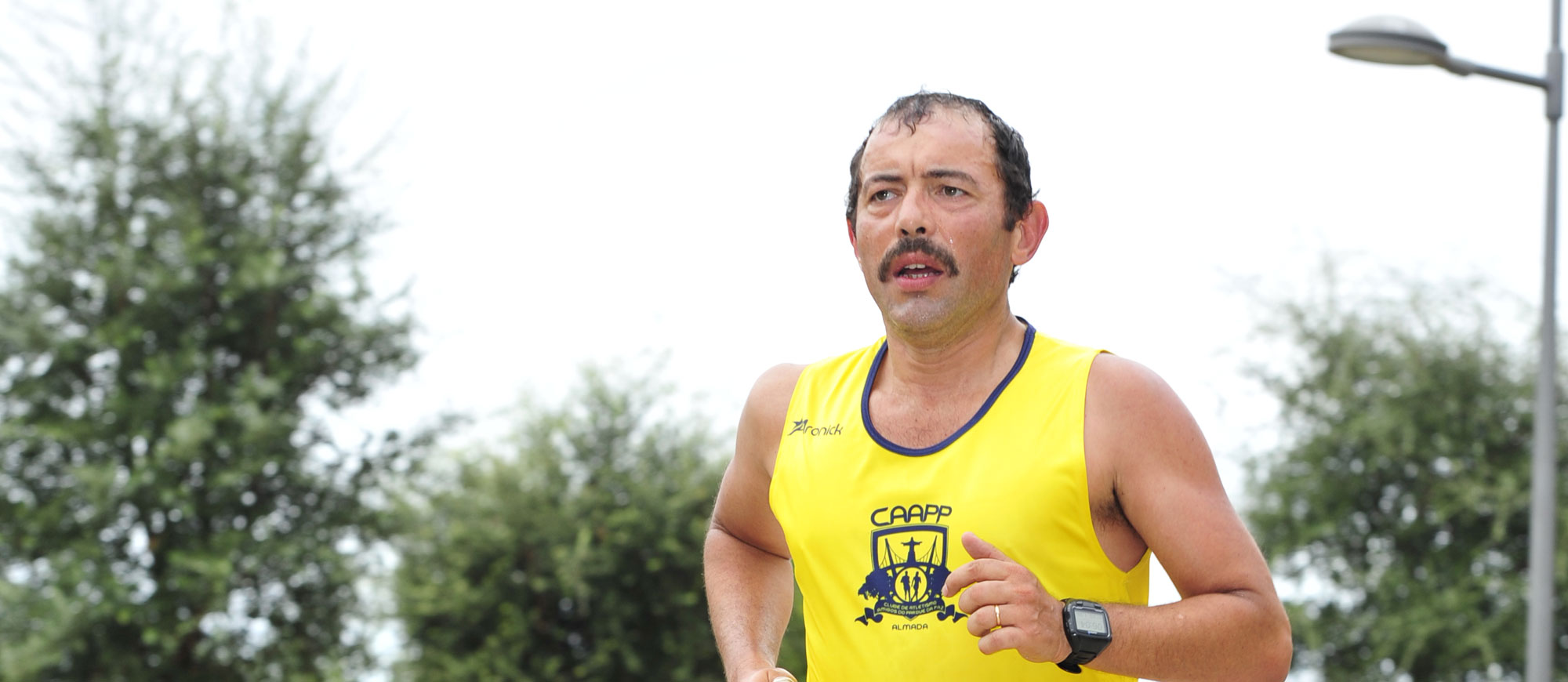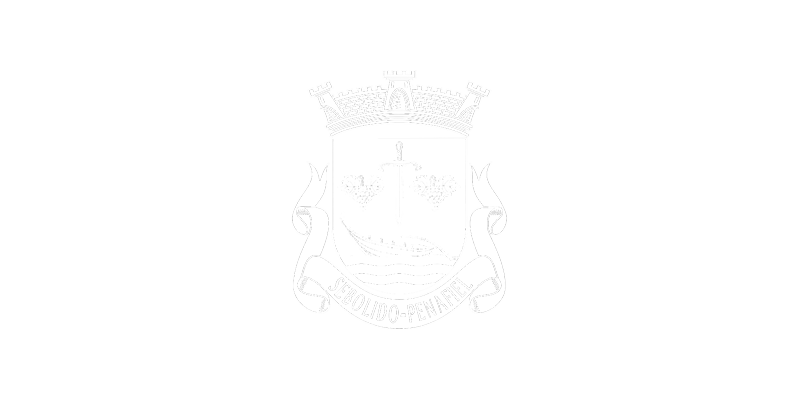Many asked for the full history of the Spirit of 78 Triathlon. Those will certainly wait for the minute-by-minute report of all the movements and pains.
Well, the Spirit of 78 Triathlon deserves much more than the story of my pains. Rather, it deserves the story of all the smiles involved.
Smiles that, before entering the water, still in twilight, were of pubescent excitement. All descending a slope to the Douro, in an untidy line, some still unsmiling, tense, others smiling impatiently, waiting for the first dive. And still others, friends, family, smiling more than the athletes, who would also dive with the protégés, that the dive would be a collective work.
With light coming on, clear enough to see the first hectometres ahead, everyone sank their face into the Douro waters. No smiles to be seen, as the faces were so sunken.
Swimming is the long dream moment. It is the moment when the athlete sees little, hears less, limiting the senses to smell and taste. At least the Magoos, as someone you know.
It is the mystical moment par excellence, in which each stroke vanishes in an ascetic impetus.
And the banks fly alongside, the buoys pass, until we see the Freixo chimneys, a sign that we should approach the bank.
And then, the startled and open smiles of those who never dreamed of being able to fly in water, because the swimming times seemed to be from rockets.
Friends and family gathered near the bike for the first transition. And while the athletes became amazed with the swimming times, women hug their husbands and boyfriends, that female laughter are not a demonstration of joy, but of their priorities. And the non-laughs of the sons, admired with the adults, become images and models of how they will behave in years to come. And the fascinated smiles of photographers, fascinated and childish, excited by so many models of emotions that came out of the water straight to the shutter. Yes, the face of the bearded photographer who surprised swimmers coming out of the water, while balancing and unbalancing in Hindu positions, laughing with every moment he fixed in his camera's memory. It was a smile of happiness. As climbing the steps that plunged the Douro, as fixing the unbalanced photographer, bearded, I remembered how Patrícia Naré Agostinho, Misé Pê, João Manuel Sousa Santos or Nuno Torres would smile, if they had arrived on time to capture the images of so many and so many dreams coming out of the water and going up to Marina do Freixo.
Then, on the road, the smiles were more evident. We cycle around, on a circuit of 15 km away from Porto and 15 km back, allowing each athlete to cross each other twice per turn.
And on the bicycles, the smiles were exploding, each time more and more open and extroverted.
In particular, the feminine smiles were beautiful. And don't look for any hint of gender ideology here: the woman, next to her man, has a combat smile, marking priorities; on a bicycle, the woman, alone and independent, displays a gifted smile. On a bicycle, the woman does not reveal mere sympathy, she offers herself in the only way she knows how: totally, generously, without limits.
And each female athlete was radiating gift with her lips.
The men were also smiling, of course. But our smiles are not generous, beautiful, perfect. They are friendly smiles, like a fighter licensed to play bicycles outside. And nothing else would be expected from us.
Until the moment came when, one by one, we got off the bike. And its Heaven while we change sneakers. We know that the Marathon is coming, but we still dream, we smile now with restrained boasting, enjoying one more a race almost finished.
And when the body thought the bath and bed would follow, we smiled at the legs sarcastically and ordered them to run. And the legs obey, and the hormonal bath begins, the moment when the smiles become more open than ever.
And we no longer smile, we laugh, insolently, foolish with the body, of whom we believe to be tyrants.
Until we reach 20 km, when smiles fade and the gifts hide themselves.
A few more steps and the lips foam with anger, because it's absurd to run with the body turned off, it's silly to suffer so much for so little.
And, in this, night falls. And the first drop. And comes the first gust of wind. And the heavens fall over the paths. And the bodies are dominated by cold, by abandonment. There's no one on the street, you're alone with the storm, with water penetrating your bones, like sponges.
And when the cold, dark and damp loneliness envelops the skeletons of a few corpses that insist on walking along the riverine half-naked, someone holds out a vest.
It was Pedro Leiria's wife, extending what appeared to be a purple robe of the Byzantine Augustos.
And that piece of clothing was able to warm the soul and open the smile, which for more than 20 km was locked in a closet of pain, exhaustion, hunger, cold and humidity.
It was only there that the myth of Saint Martin was made known, in all its significance. How could the Roman officer's cloak protect two men, the giver and the beggar, from the cold, when half of the cloak would only cover half of each body? And what if the cold is not expelled by the clothes, but by the look of the person who has given the clothes to the beggar?
Never has a piece of cloth has been able to warm so much the exhausted body and resurrect an almost fainting soul.
And, when the storm most ravaged the banks of the Douro, behold, three corpses appeared in the middle of the solitude, smiling again, and the more the bodies mingled with the waters coming from the skies, the more the smiles began to tear their mouths, now serene, always stubborn, never giving up, of the last three athletes, the no longer corpses, who were resurrected in what would be the last lap. And when the last one, given the rigor of the winds, was offered the possibility of finishing with less half a lap, behold the same, more and more insolent, jumped on the winds and defeated them.
And, in the end, everyone's smiles merged into one.
And this was the Spirit of 78 Triathlon: the return to the times when we were one and when we did not combine individual pronouns, such as "I", "me", "me", "mine", but only combined the brutal force of the collective, of one unique smile.
This is the Iron Collective, at least in the 78 style.
Gil Caldeira



















